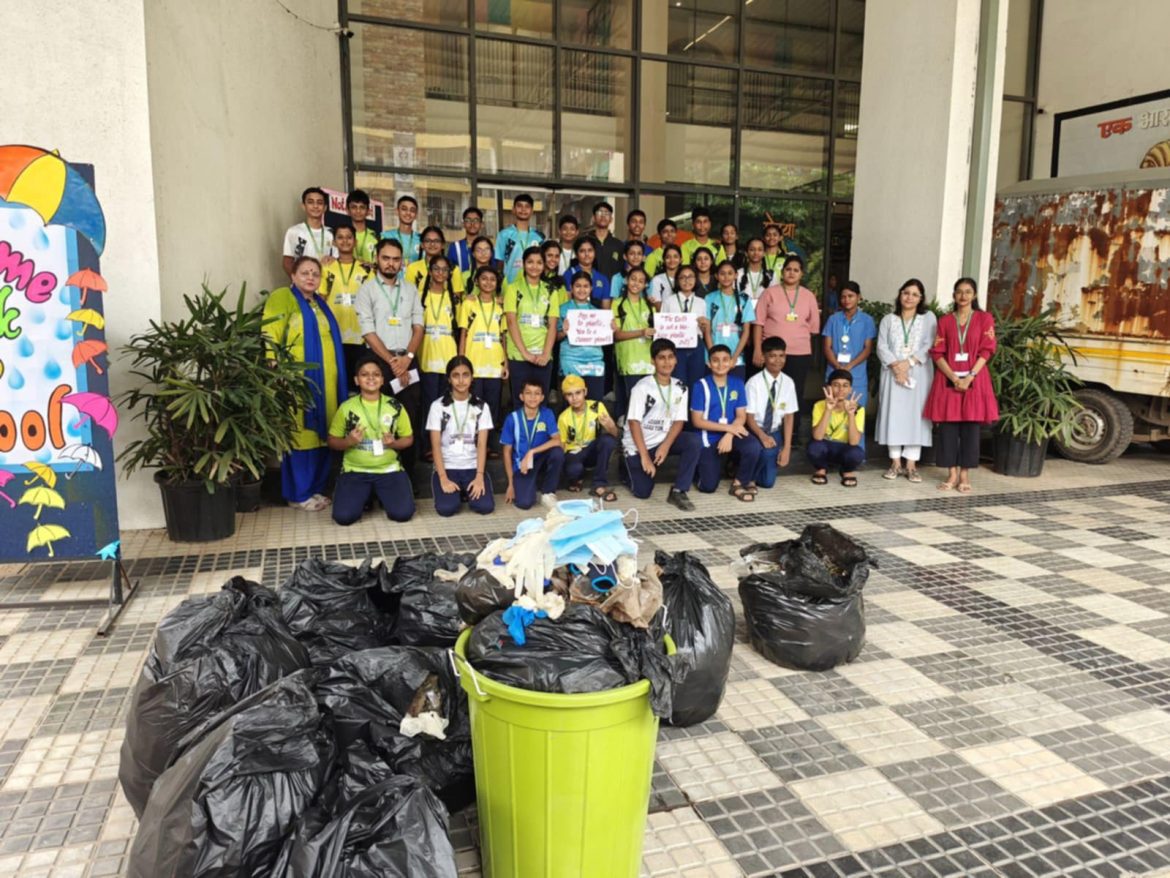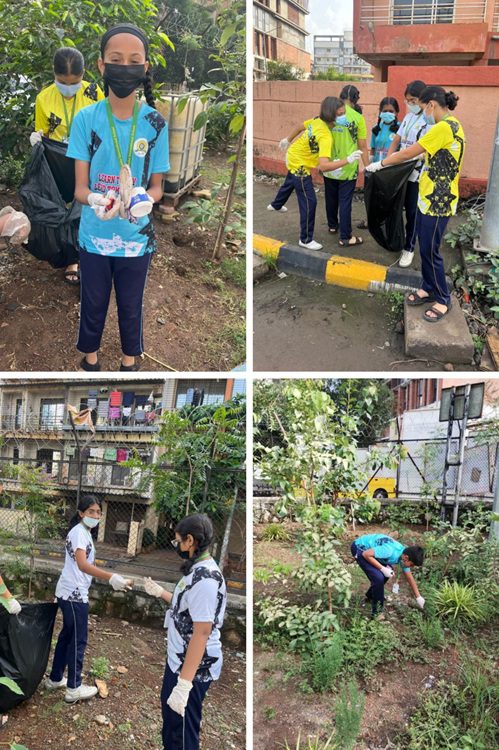The greenfield Navi Mumbai International Airport (NMIA) became operational on Thursday, marking the start of commercial air services nearly 30 years after the project was first conceived.
The airport’s first commercial arrival was IndiGo flight 6E460 from Bengaluru, which landed at 08:00 hrs and was greeted with a ceremonial water salute. This was followed by the first departure—IndiGo flight 6E882 to Hyderabad—which took off at 08:40 hrs, completing NMIA’s inaugural flight cycle.
With operations now underway, NMIA adds significant capacity to air travel within the Mumbai Metropolitan Region and establishes Navi Mumbai as a new aviation gateway.
Strong opening-day operations
On the first day, airlines including IndiGo, Air India Express, Akasa Air, and regional carrier Star Air operated a total of 48 flights, connecting nine domestic destinations and carrying more than 4,000 passengers. Airport officials said the highest passenger movement was recorded between 5 am and 7 am, indicating strong early demand and operational readiness.
IndiGo announced that it will progressively expand services from NMIA, connecting the airport to 13 domestic destinations between December 25 and December 30, including Delhi, Ahmedabad, Hyderabad, Chennai, Goa (Mopa) and Cochin.
A people-led inauguration
The inauguration included a special aerial tour of Mumbai for farmers, underprivileged families and colleagues with disabilities, many of whom experienced air travel for the first time. To commemorate the occasion, India Post released a First Flight Carried Special Cover featuring the NMIA terminal, flown on an IndiGo service to Goa.
Ownership and vision
NMIA is being developed in phases by Navi Mumbai International Airport Ltd, a special purpose vehicle in which the Adani Group holds a 74 per cent stake, while City and Industrial Development Corporation (CIDCO) owns the remaining 26 per cent.
Gautam Adani, who interacted with passengers, airport staff and first-time flyers, described the launch as a “proud day for Navi Mumbai and for India”, calling the airport a reflection of ambition backed by execution.
The commencement of operations at NMIA marks the transition of a long-planned infrastructure project into active service, positioning Navi Mumbai as a key node in India’s evolving aviation network.












